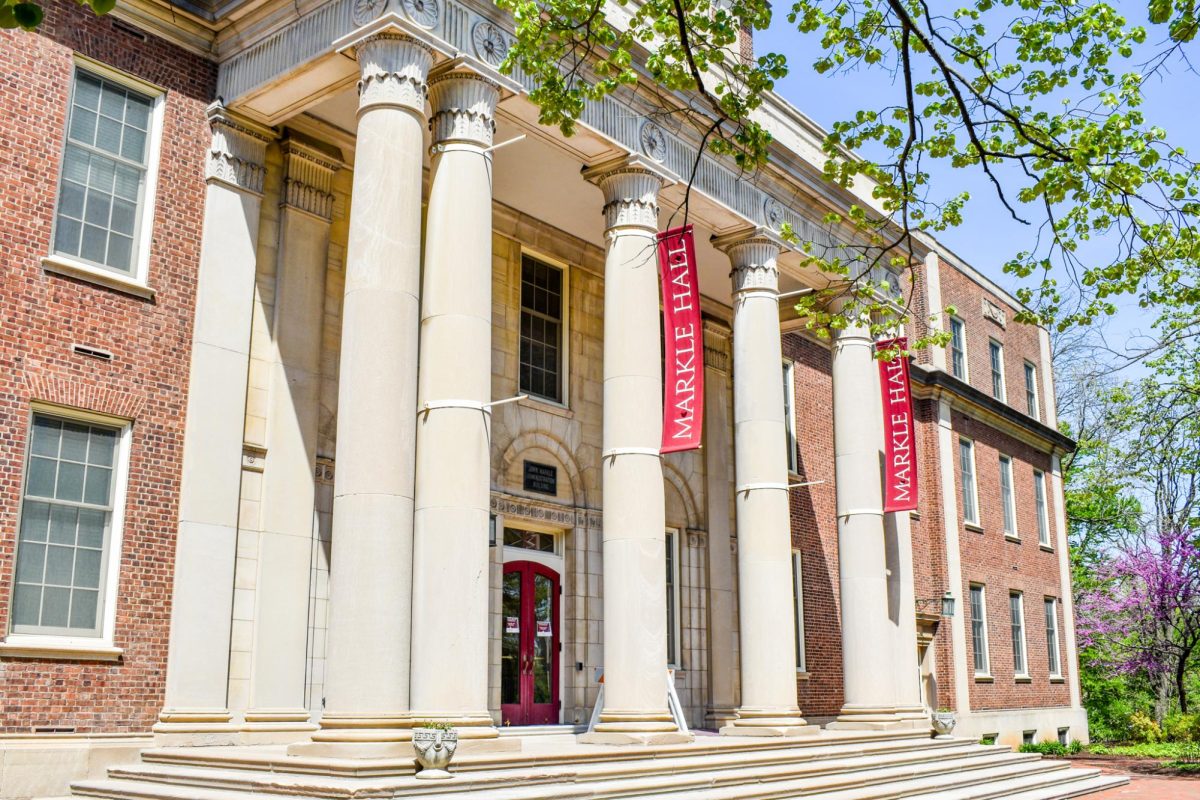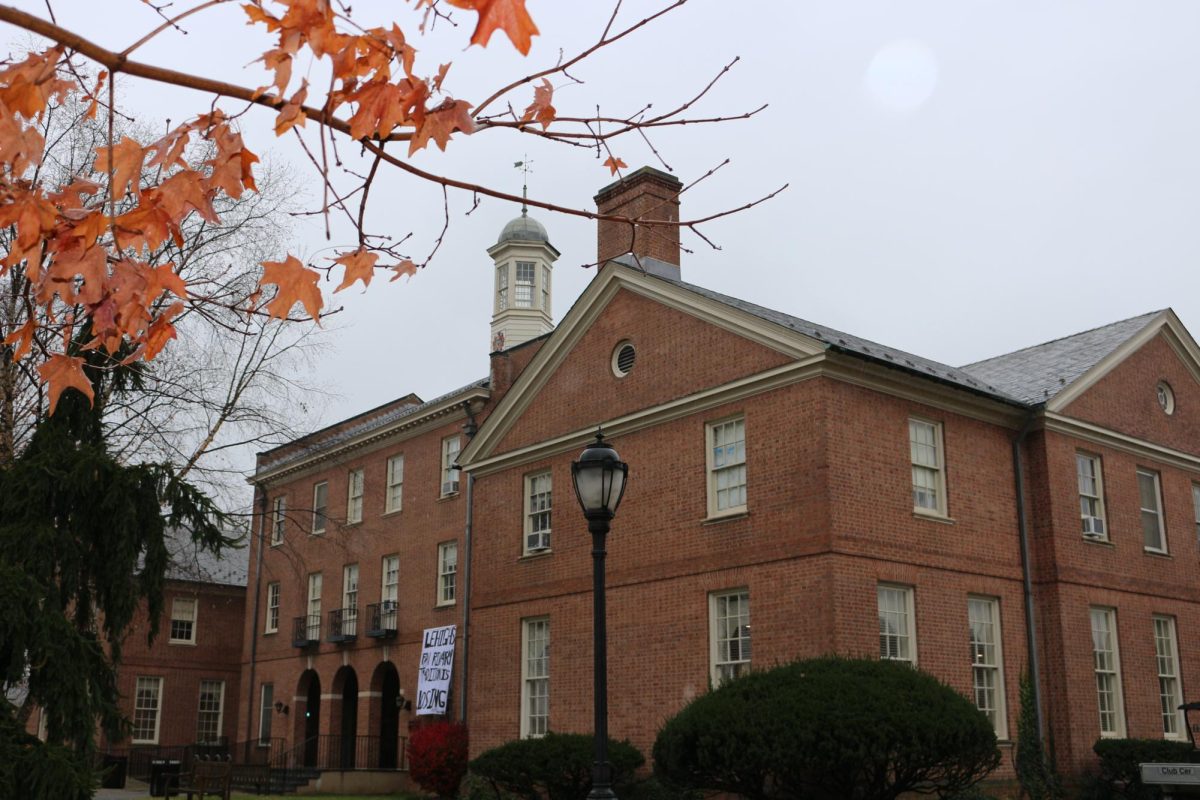The Department of Education issued a letter last Friday threatening to rescind federal funding from schools and universities that do not dismantle their race-based initiatives. Lafayette College, which has many deeply integrated and longstanding cultural initiatives, receives millions in federal funding each year.
Schools have until next Friday to comply with the guidelines, according to the letter. Legal experts are “divided” on the enforceability of the new restrictions, according to Forbes.
“It would be premature at this point to say what will or will not happen,” Lafayette’s general counsel, Tim Cedrone, said when asked of the guidelines at an unrelated Tuesday presentation on college finances.
Craig Trainor, the Department of Education’s acting assistant secretary for civil rights, argued in the letter that the 2023 Supreme Court ruling overturning affirmative action applies to any race-based consideration in an educational setting.
“If an educational institution treats a person of one race differently than it treats another person because of that person’s race, the educational institution violates the law,” he wrote. He added that such discriminatory practices had been justified under the “banner of ‘diversity, equity, and inclusion,’” in recent years.
The letter states that federal law prohibits schools “from using race in decisions pertaining to admissions, hiring, promotion, compensation, financial aid, scholarships, prizes, administrative support, discipline, housing, graduation ceremonies, and all other aspects of student, academic, and campus life.”
College President Nicole Hurd wrote in a Wednesday campus-wide email that the college is “watching carefully” as legal experts question the assertions made in the letter.
At the Tuesday presentation, Vice President for Finance and Administration Audra Kahr estimated that the college received roughly $12.5 million in federal funding in 2024, describing the figure as “a snapshot” of the year’s financial aid and research grant dollars.
Lafayette’s total operating revenue in 2024 was over $200 million, according to Lafayette’s financial statements.
Hurd also cited the college’s mission and values statement, highlighting a line describing Lafayette’s commitment to a “vibrant, diverse, and inclusive community.”
“We will keep this commitment close at hand as we evaluate recent actions at the federal level,” she wrote.
Cedrone, Hurd and Kahr did not respond to requests for comment.
Several students said they disagreed with the assertions made in the letter.
“We’re literally just here to spread love,” Isabella Lu ‘25, the vice president of Lafayette’s Asian Cultural Association, said of her organization. “We’re not pushing any agenda or whatever, we’re literally just existing.”
Ariana Welch ’26, the co-president Lafayette’s Association of Black Collegians, said she thought an interesting dimension of the letter is “how people outside of the U.S. are reacting.” Welch is currently studying abroad in Italy.
“When I speak about current news events from home in my classes abroad, my professors are often outright shocked and typically respond with a flurry of questions,” Welch wrote in a statement.
Leaders of several other identity-based student organizations declined to comment.

























































































































